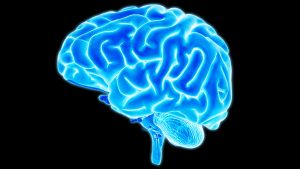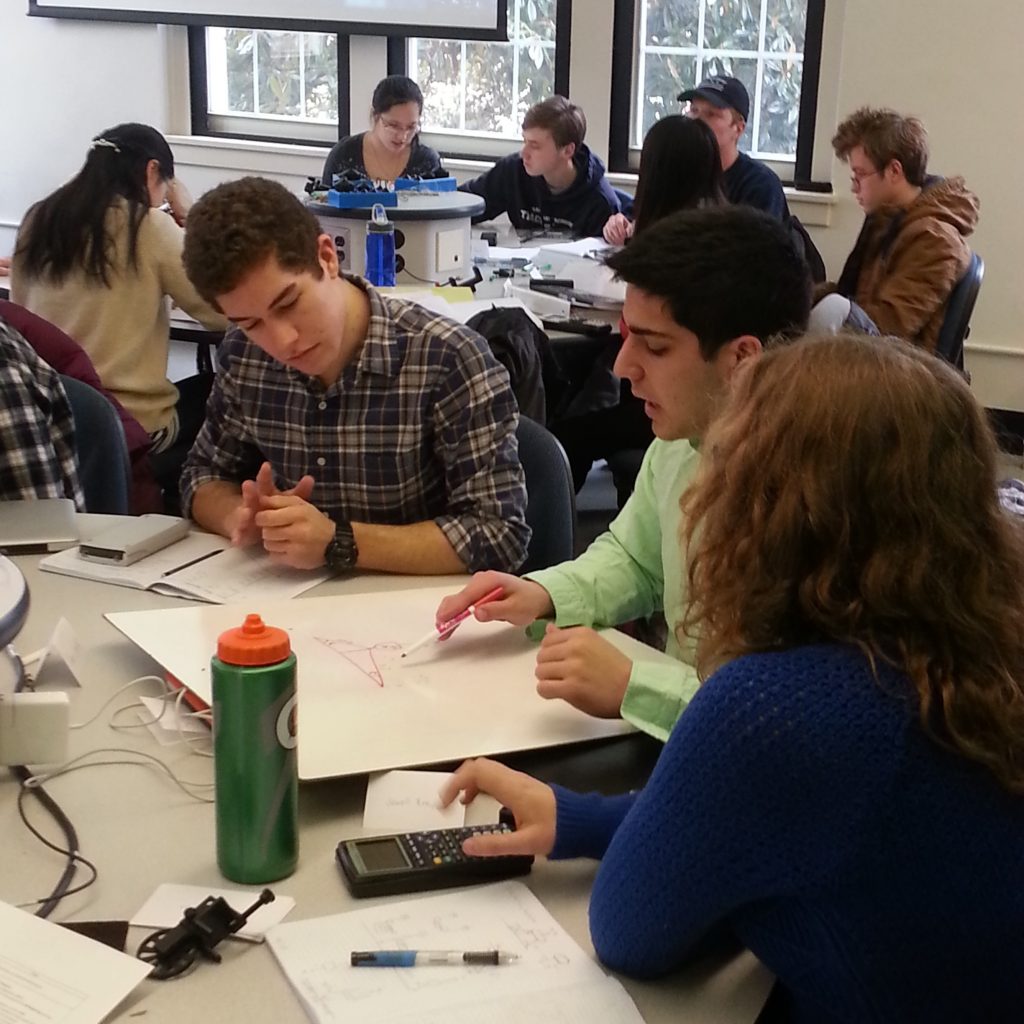 Four researchers from the University of North Carolina at Chapel Hill, including Kathleen Gates in the department of psychology and neuroscience, were granted five awards totaling more than $7 million in the second round of the NIH BRAIN Initiative awards – Brain Research through Advancing Innovative Neurotechnologies – the announcement of which coincided Oct. 13 with President Obama’s White House Frontiers Conference in Pittsburgh, PA.
Four researchers from the University of North Carolina at Chapel Hill, including Kathleen Gates in the department of psychology and neuroscience, were granted five awards totaling more than $7 million in the second round of the NIH BRAIN Initiative awards – Brain Research through Advancing Innovative Neurotechnologies – the announcement of which coincided Oct. 13 with President Obama’s White House Frontiers Conference in Pittsburgh, PA.
By accelerating the creation and use of such technologies, researchers will be able to produce a fuller picture of the brain to show how individual cells and complex neural circuits interact in both time and space. Armed with a deeper understanding of the last frontier in human biology, researchers plan to create innovative treatments, cures, and preventative measures for debilitating neurological conditions, such as Alzheimer’s disease, Parkinson’s disease, autism, depression, schizophrenia, and a host of others. The immediate purpose of the NIH BRAIN Initiative is to fill major gaps in our current knowledge of the brain and provide unprecedented opportunities for exploring exactly how the brain records, processes, uses, stores, and retrieves vast quantities of information, all at the speed of thought.
Researchers from 61 institutions received NIH BRAIN Initiative grants totaling $70 million today. Just five institutions received four or more grants. UNC was one of them. Three of the four UNC award recipients this year are from the UNC School of Medicine. The fourth is from the UNC College of Arts and Sciences. All are at the forefront of their chosen fields.

Gates, assistant professor of psychology and neuroscience, earned a $1.1-million award to develop, evaluate, and validate a new analytics-based method for analyzing brain data obtained from an MRI scanner. Her team’s efforts will culminate in a freely available statistical software package to help researchers better understand the underlying mechanisms of human behavior, emotions, and cognition. This, in turn, would help doctors tailor treatments for various conditions and help to provide personalized prevention efforts. The analytics technique can create robust statistical models for each individual, and it can cluster individuals based on similarities in brain function. The Gates lab has already used this method to study MRI data and successfully distinguish individuals with major depression disorder from those without. And her lab has revealed the variety of brain processes that underlie attention-deficit/hyperactivity disorder.



